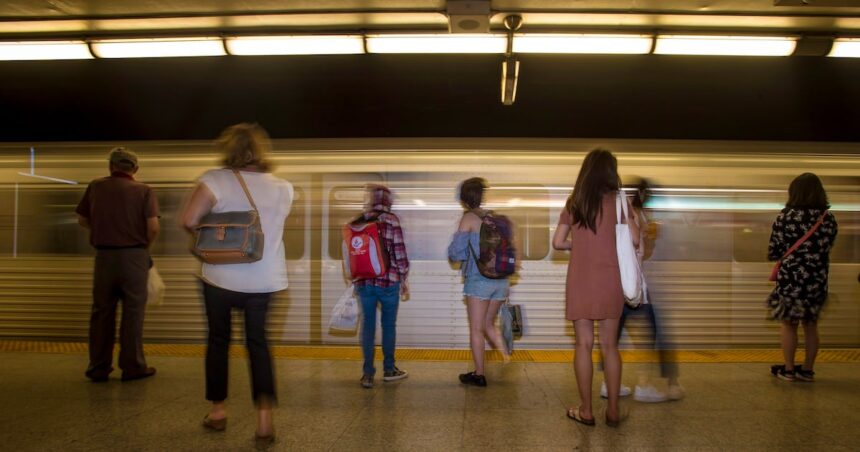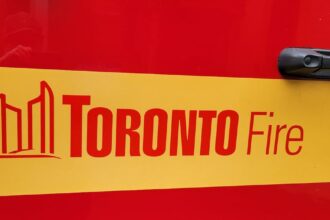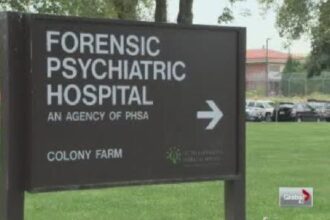Toronto commuters face another weekend of transit headaches as the TTC implements significant closures across its subway network, continuing the city’s seemingly endless cycle of infrastructure maintenance. This weekend, both Line 1 Yonge-University and Line 2 Bloor-Danforth will experience partial shutdowns, forcing thousands of weekend travelers to adjust their plans and navigate replacement shuttle buses.
On Line 1, subway service will be suspended between Finch and St. Clair stations on Saturday and Sunday for what the TTC describes as “track work and maintenance.” The closure affects nine stations along one of the system’s busiest corridors, including key transit hubs like Sheppard-Yonge and Eglinton.
Simultaneously, Line 2 will see service halted between Jane and Ossington stations throughout the weekend for similar maintenance operations. The TTC has confirmed that shuttle buses will operate along both affected routes, though experienced riders know these replacements typically result in longer travel times, especially during peak hours.
“These closures are part of our ongoing capital improvement program to enhance reliability across the network,” said TTC spokesperson Stuart Green in a statement obtained by CO24. “While we recognize the inconvenience to customers, completing this work during weekend hours minimizes disruption to the majority of commuters.”
For Line 1 passengers, replacement buses will make stops at all affected stations between Finch and St. Clair. The TTC advises customers traveling downtown from North York to consider the 97 Yonge bus as an alternative. Meanwhile, Line 2 shuttle buses will service all stations between Jane and Ossington, with staff positioned at major intersections to assist with wayfinding.
According to TTC operational data, these weekend closures affect approximately 170,000 potential rides, though weekend ridership remains below pre-pandemic levels. The transit commission has faced growing criticism for the frequency of its weekend closures, which some transit advocates argue disproportionately impact service and retail workers who rely on the system during non-traditional hours.
City Councillor Josh Matlow, a vocal advocate for improved transit funding, expressed frustration with the situation. “Toronto deserves a transit system that doesn’t require constant weekend shutdowns,” Matlow told CO24. “These disruptions highlight the chronic underfunding of public transportation maintenance in our city and across Canada.”
The TTC maintains these closures are essential to prevent more serious system failures. The aging infrastructure, particularly on Line 2 which opened in 1966, requires increasingly frequent maintenance interventions. The commission’s 15-year capital plan identifies over $30 billion in necessary infrastructure investments, with much of that focused on maintaining existing assets rather than expansion.
For weekend travelers, the TTC recommends planning trips in advance using its trip planner or third-party apps, which will reflect the service changes. Regular service on both lines is scheduled to resume Monday morning at 6 a.m., barring any unexpected complications.
As Toronto continues to grow and place greater demands on its transit infrastructure, the question remains: will the city and province finally prioritize the sustained funding needed to modernize the system, or will Torontonians continue to face a future of perpetual weekend closures and service disruptions?
























